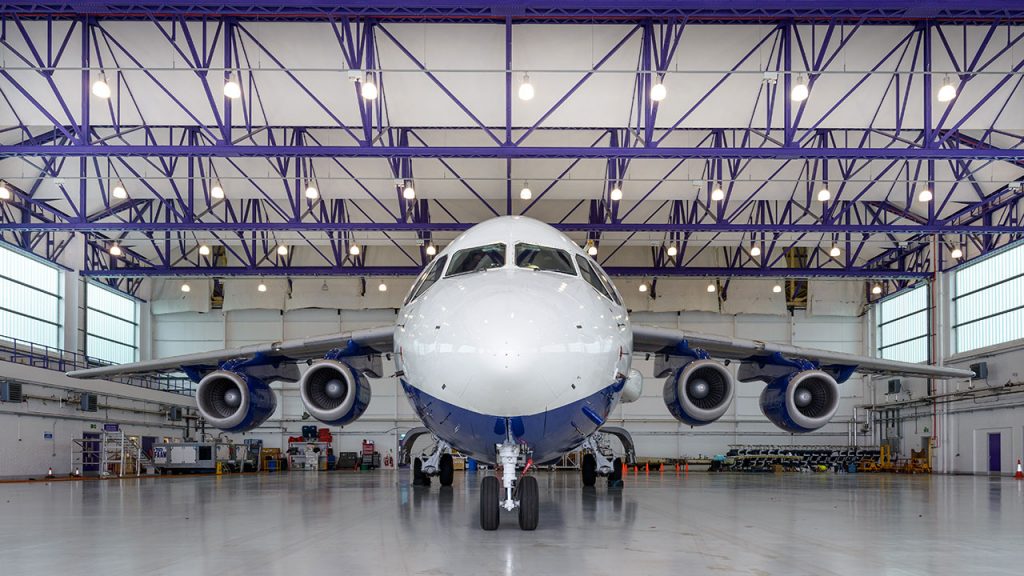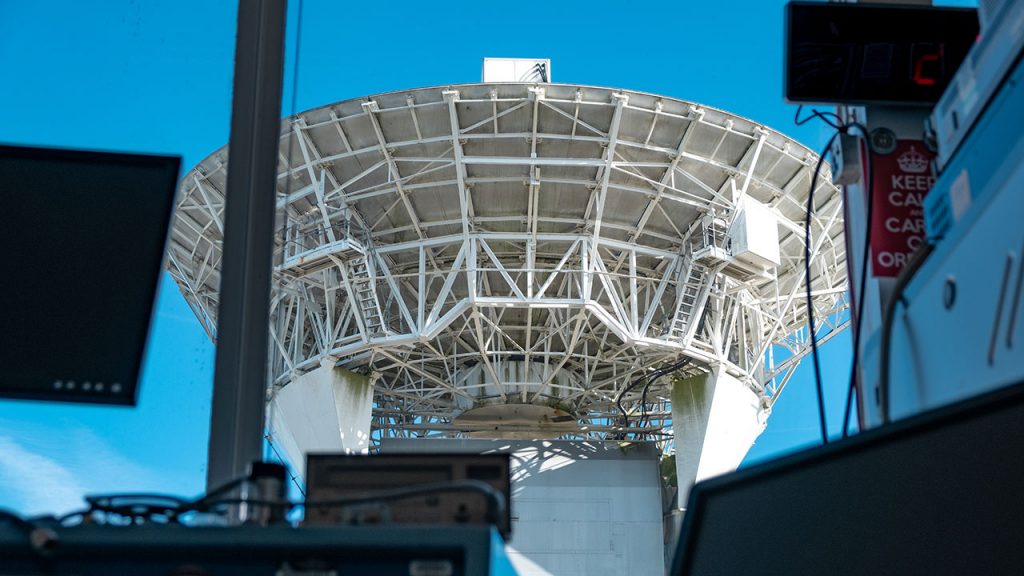February 20, 2026
Turning knowledge into social justice: Why climate education matters
On World Day of Social Justice, we are reminded that climate education matters more now than ever – find out why.
We provide the UK with the knowledge and expertise to remain at the forefront of atmospheric science.
Our research, skills and infrastructure lead to climate change resilience, clean air solutions,
and early-warning systems for high-risk weather.
February 20, 2026
On World Day of Social Justice, we are reminded that climate education matters more now than ever – find out why.
February 17, 2026
Learn about NCAS’s latest carbon footprint and our commitment to taking action on reducing our environmental impacts.
February 11, 2026
We’re celebrating the diverse career paths across NCAS, with a focus on 10 women in atmospheric science.
We are committed to providing the best training in atmospheric science in the UK. Our training programme is research-led and delivered by experts, allowing you to master the fundamentals and refine practical skills and techniques.
November 28, 2025
We are seeking to appoint a Research Scientist in Extreme Weather Events to join our team at the University of Reading.
November 28, 2025
We are seeking to appoint a Research Scientist in Historical Windstorms to join our team at the University of Reading.
September 8, 2025
We are seeking to appoint a Research Scientist to join our team at the University of Reading.
We promote equality, celebrate diversity and maintain a working environment where staff feel they can bring their whole self to the workplace and to their work.
January 6, 2026
Bridging horizons in Earth system science: Two days of workshops, presentations and discussions for anyone early in their career.
November 11, 2025
Applications are now open for our Introduction to Atmospheric Radar course, coming in June 2026.
November 11, 2025
Applications are now open for our Unified Model course, coming in February 2026.
Our Strategy establishes our commitment to understanding the changing atmosphere to help society prepare for the challenges and opportunities ahead.
We investigate how Earth’s climate is changing – past, present and future – and the implications for people, ecosystems and the planet. Our research spans fundamental processes, present-day variability, and long-term projections, providing robust evide…
We develop scientific understanding and modelling tools to forecast hazardous and extreme weather, improving resilience across sectors. Our research focuses on how weather systems evolve through interactions from the Earth’s surface to the upper atmosp…
We address one of the most pressing environmental risks to health and climate. Our research spans emerging pollutants, indoor air quality, and evolving atmospheric chemistry – using advanced instrumentation, modelling, and collaborations across science…
We are committed to achieving net zero carbon emissions by 2040. We are dedicated to finding innovative ways to enable the atmospheric science we do, while minimising our environmental impacts.

Our FAAM Airborne Laboratory operates a specially adapted world-class research aircraft.

The Atmospheric Measurement and Observation Facility (AMOF) is a UK research facility that enables advanced measurements of the atmosphere.

The Centre for Environmental Data Analysis (CEDA) provides data storage and analysis capabilities for the environmental research community.

The Computational Modelling Services (CMS) supports computer simulations for climate, weather and earth-system research.